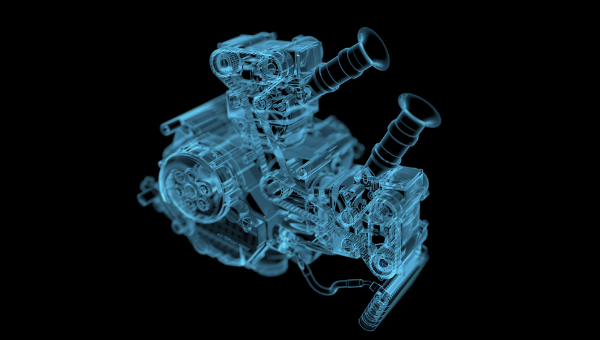
What’s the future?
The UK has recently updated its instituted ban on internal combustion engines, moving it to 2030. This decision will have direct ramifications for Australian motorists and, unless the Federal Government comes up with a plan, the ramifications will be negative.
Banning internal combustion engines (the petrol and diesel engines used in cars and commercial vehicles) within 10 years means vehicle manufacturers will stop all forward programs for engine development now, if they haven’t already.
In the UK, at least, this means all development will be directed towards electric or hydrogen powertrains. That’s perfectly fine, but there is more at play here.
As production winds down on internal combustion engines, manufacturers will lose ‘scale’ and the price of their product will surely rise.
Also, as we wait for an electric or hydrogen-powered future where will Australia’s new generation vehicles come from?
We are a small market, globally, and are unlikely to be at the forefront of production plans from Europe, Asia and North America.
This may leave Australia in a difficult position where motorists may not be able to buy new internal combustion-powered vehicles at reasonable prices. At the same time, they may not have access to enough EVs and hydrogen vehicles.
If the government has no plan to transition the automotive industry, it’s likely Australia will become a dumping ground for the world’s left over petrol and diesel-powered cars.
So, Scott Morrison, show us the plan you promised for delivery this year and prove to Australia’s motorists that they will be catered for as we move towards 2030 and beyond.
Words: VACC CEO, Geoff Gwilym. As featured in the Herald Sun 4 December 2020.